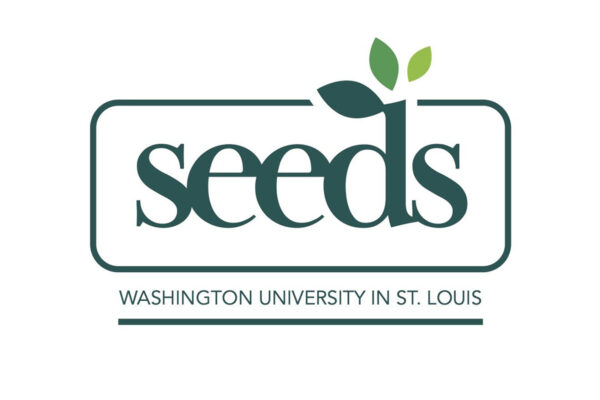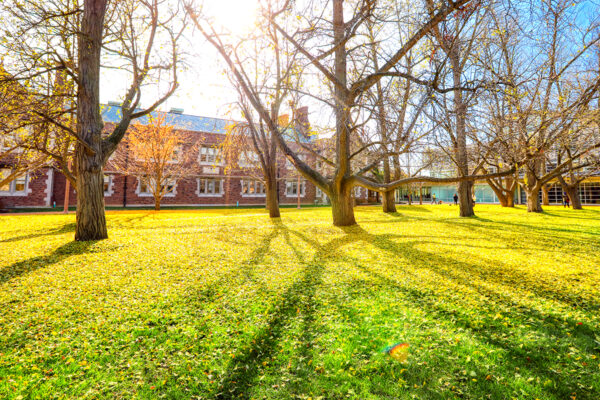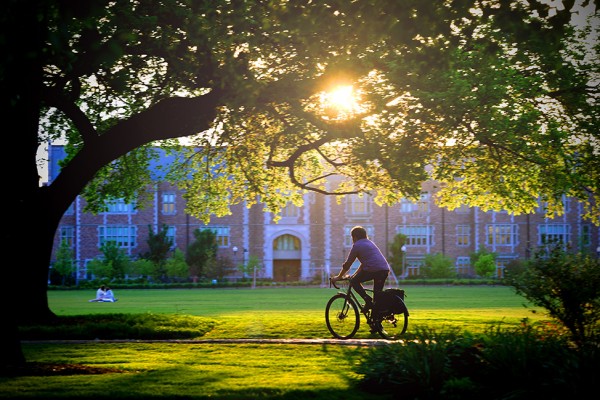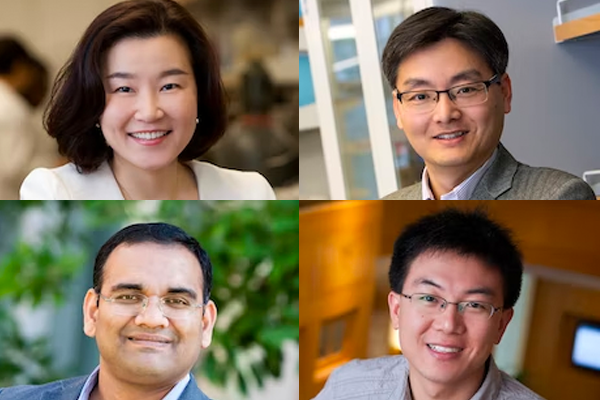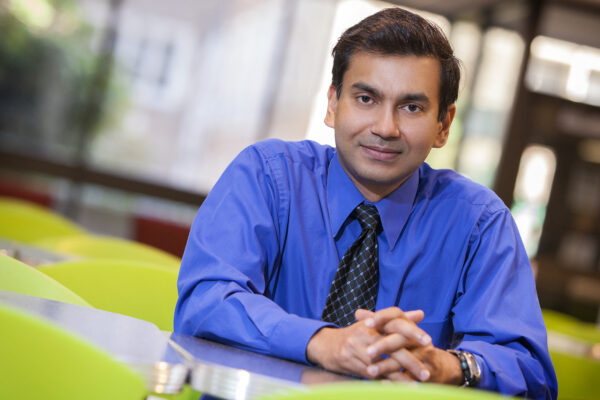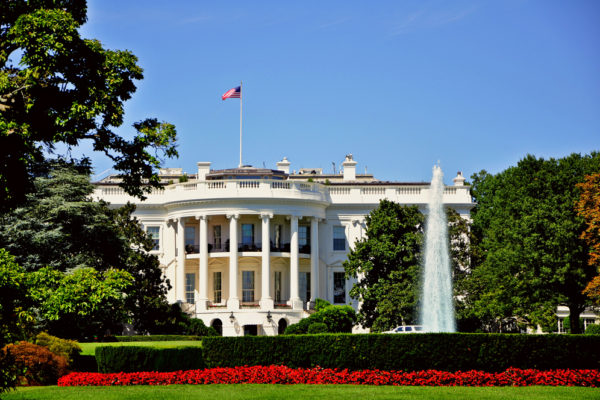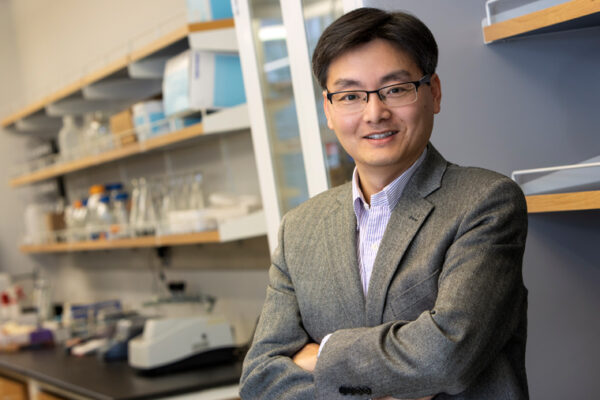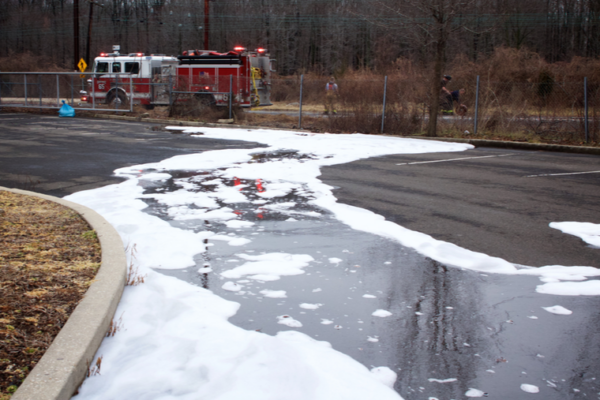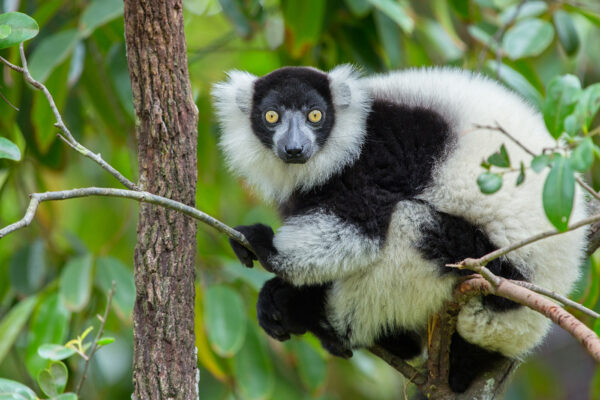SEEDs leaders chosen to attend ecology conference
Arts & Sciences students Sam Ko and Dev Mukundan earned full scholarships to attend the SEEDS Leadership Meeting this month at the Arizona Institute for Resilient Environments & Societies at the University of Arizona.
WashU receives AASHE STARS gold accreditation
Washington University in St. Louis achieved a gold accreditation from the Association for the Advancement of Sustainability in Higher Education.
Occupational therapy clinic breaks ground in Delmar Maker District
Over the last year, a team of architects, medical professionals and engineers from Washington University in St. Louis and Chicago-based architecture firm Skidmore, Owings & Merrill have explored questions about building design and people’s health through interdisciplinary design studios and seminars. Now that research is bearing fruit. On Nov. 11, a new Smart Home for Occupational Therapy Healing — aka SMOOTH House — will break ground in St. Louis’ Delmar Maker District.
Take part in Active Transportation Month activities
As part of Active Transportation Month in October, the Sustainability, Parking & Transportation, and Operations & Facilities Management offices are hosting two commuter fairs and a commuter challenge starting Monday, Oct. 17.
Engineering faculty awarded $10.7M in federal energy grants
McKelvey School of engineering faculy Zhen (Jason) He, Young-Shin Jun, Vijay Ramani and Fuzhong Zhang will lead new projects focused on clean energy technologies thanks to $10.7 million in new funding, collectively, from the U.S. Department of Energy.
Chakrabartty works to make AI more energy efficient
Shantanu Chakrabartty, at the McKelvey School of Engineering, will lead a project funded by a three-year $1.1 million grant from the National Science Foundation to make artificial intelligence systems more energy-efficient.
Bose participates in White House summit on American bioeconomy
Arpita Bose, in Arts & Sciences, attended a White House summit on biotechnology, along with representatives from government and the private sector. In her research at Washington University, Bose harnesses the power of microbes to create new biofuels and bioplastics.
He receives NSF grant for new wastewater tech
A National Science Foundation grant will support the research of Zhen “Jason” He at the McKelvey School of Engineering as he works to develop a more economically viable, sustainable waste conversion technology for wastewater.
New bioremediation material can clean ‘forever chemicals’
The McKelvey School of Engineering’s Joshua Yuan and collaborators have developed a plant-based material to help safely clean up harmful “forever chemicals.”
Endangered species need help: No biology expertise required
New approaches to help save animals from extinction may come from experts outside of the traditional natural science disciplines. The Living Earth Collaborative invites social scientists, political scientists, engineers and other experts from the university community who would like to be involved in efforts to help with conservation projects to participate in a July 21 social event.
Older Stories
